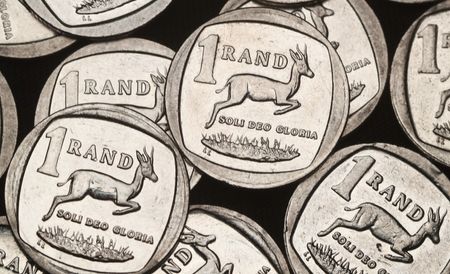BAMAKO (Reuters) -Mali has indefinitely suspended exports of rice, maize and other grains to protect its food supply as the United Nations warned of worsening hunger in West Africa, the minister of trade and industry said on Tuesday.
Mali is a major producer and exporter of grains to neighbouring countries, exporting around 10-15% of its production, according to the minister Mohamed Ould Mahmoud.
The suspension is due to a bad growing season this year and a shortage of rice and other grains on the international market, he told Reuters by phone.
“The suspension aims to anticipate the cereal crisis which is looming on the international market, to protect national production and the most disadvantaged segments (of the population),” he said.
Millions of people need food assistance every year in West and Central Africa due to drought, conflict and poverty. The COVID-19 pandemic has made the situation worse, with heightened food prices and an economic downturn in many countries.
“People are worried by the high cost of food. The cost of food is 30-40% higher in our region compared to the rest of the world,” said Ollo Sib, a senior advisor for West and Central Africa Region at the U.N. World Food Programme.
In addition to the price hike, the last rainy season was poor in many areas and more drought is ahead, Sib told a press conference.
People are also living in persistent insecurity due to armed groups, he added.
West Africa’s Sahel nations Mali, Burkina Faso, Chad, and Niger have been hit by a prolonged insurgency by militants linked to al Qaeda and the Islamic State that has killed thousands and displaced about 2 million people in the region.
In Burkina Faso, an analysis last month by the U.N.-backed outlook report said that grain supply was low and demand was pushing prices up as much as 19% for sorghum and 31% for maize, compared to the previous year.
Mali’s export ban came in to effect on Monday, according to a ministerial decree. It applies to local rice and maize, which make up the bulk of Mali’s cereal production, as well as cottonseed, cottonseed meal, millet and sorghum.
(Reporting by Tiemoko Diallo; Additional reporting by Anne Mimault in Ouagadougou and Paul Carrel in Geneva; Writing by Nellie Peyton; Editing by Kirsten Donovan and Louise Heavens)











